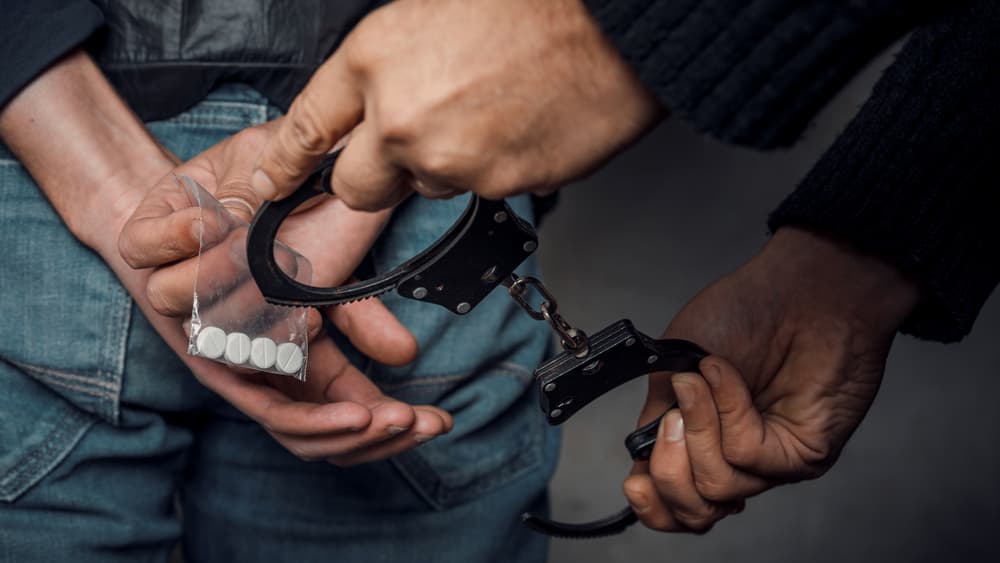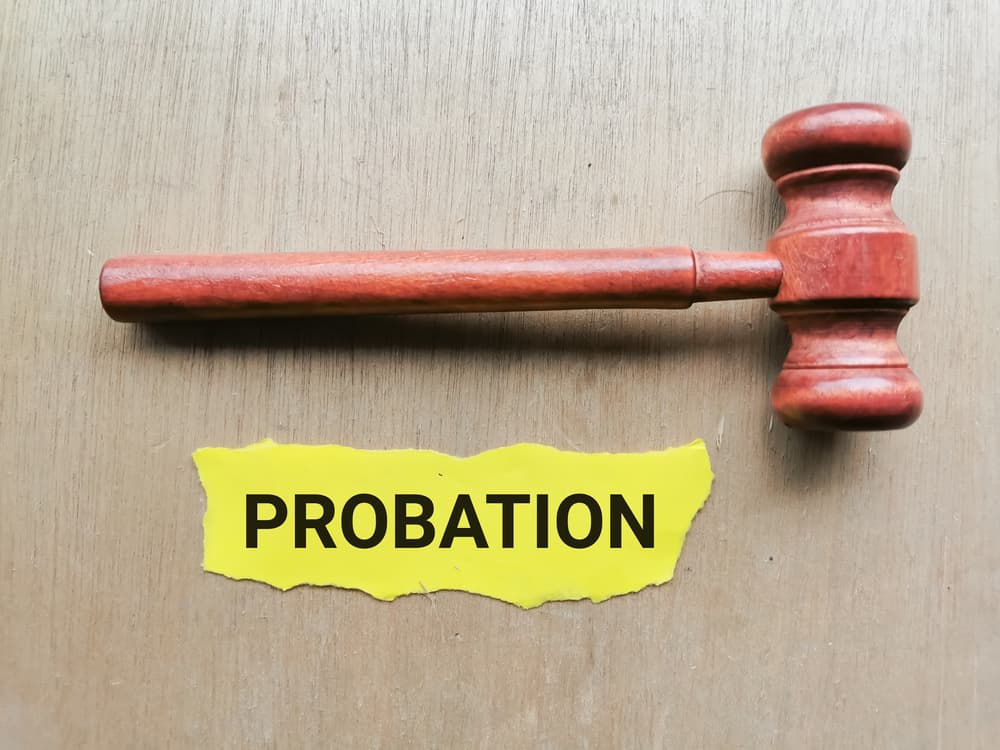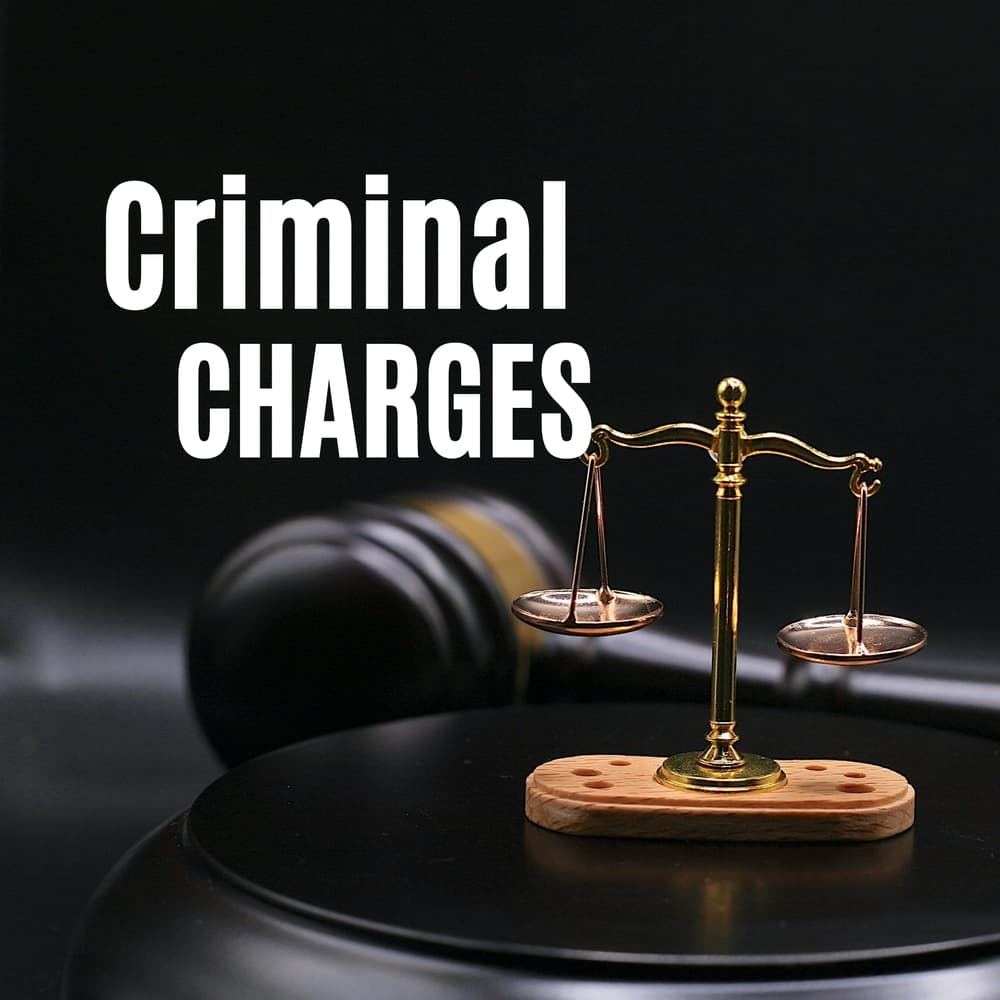The legal fees for a drug paraphernalia arrest can vary widely based on several factors including the details of the case and the jurisdiction. The cost also depends on whether the case goes to trial or is settled through a plea bargain arrangement and most importantly, the drug crime defense lawyer’s experience and reputation.
Typically, for a misdemeanor drug paraphernalia charge, you’ll usually pay from $1,500 to $5,000 for legal representation. However, if the case is more involved or includes additional charges, fees may potentially reach $10,000 or more.
You may be able to pay your legal bills by working out a financing plan with your Miami drug defense attorney.
Factors That May Increase What You’ll Pay
Many criminal defense attorneys offer free initial consultations and, again, may provide payment plans to help manage the cost. Factors that can increase legal fees include:
- Multiple court appearances
- Extensive pretrial motions
- A need for expert witnesses
- Lengthy trial proceedings
As a result, you should discuss legal fees upfront with the attorney you wish to hire. Some drug crime defense attorneys may charge a flat fee for handling the entire case, while others may bill hourly.
Types of Drug Paraphernalia Charges

As an example, in Florida, drug paraphernalia charges are primarily governed by Florida Statute 893.147. The main types of charges related to drug paraphernalia include:
Possession of Drug Paraphernalia
This is the most common charge and applies to owning, using, or possessing any equipment, product, or material intended for use in one of the various operations.
These operations may include planting and growing marijuana or processing, analyzing, packaging, or storing an illegal substance. Paraphernalia can also be used for injection, inhalation, or introducing a controlled substance into the body in a similar way.
Manufacture or Delivery of Drug Paraphernalia
This charge applies to individuals who make, sell, or distribute drug paraphernalia. It’s a more serious offense than simple possession.
Delivery of Drug Paraphernalia to a Minor
This enhanced drug charge covers delivering drug paraphernalia to a person under 18 years old.
Transportation of Drug Paraphernalia
This charge applies to using, possessing with intent to use, or transporting drug paraphernalia with the intent to facilitate the use of drugs.
Advertisement of Drug Paraphernalia
This charge is for placing advertisements in print, online, or other media, where the primary purpose is to promote the sale of objects designed or intended for use as drug paraphernalia.
Punishments:
The punishments for drug paraphernalia convictions can vary based on the specific charge and circumstances. Here’s a breakdown of potential penalties:
Possession of Drug Paraphernalia
- Classification: Misdemeanor of the first degree
- Maximum jail time: Up to 1 year
- Maximum fine: Up to $1,000
- Other potential penalties: Probation, community service, drug education programs, driver’s license suspension
Manufacture or Delivery of Drug Paraphernalia
- Classification: Felony of the third degree
- Maximum prison time: Up to 5 years
- Maximum fine: Up to $5,000
- Other potential penalties: Probation, community service, drug treatment programs
Delivery of Drug Paraphernalia to a Minor
- Classification: Felony of the second degree
- Maximum prison time: Up to 15 years
- Maximum fine: Up to $10,000
- Other potential penalties: Extended probation, mandatory drug treatment programs
Transportation of Drug Paraphernalia
- Classification: Felony of the third degree
- Maximum prison time: Up to 5 years
- Maximum fine: Up to $5,000
- Other potential penalties: Vehicle impoundment, driver’s license suspension
Advertisement of Drug Paraphernalia
- Classification: Misdemeanor of the first degree
- Maximum jail time: Up to 1 year
- Maximum fine: Up to $1,000
- Other potential penalties: Probation, community service
Additional Considerations:
Prior Convictions
Repeat offenders may face enhanced penalties, including longer jail/prison sentences and higher fines.
Concurrent Charges
Often, drug paraphernalia charges are accompanied by drug possession or other related charges, which can significantly increase the overall penalties.
Diversion Programs
First-time offenders may be eligible for pretrial diversion programs, which can lead to their charges being dropped on successful completion.
Probation

Many convictions result in probation, which may include:
- Regular check-ins with a probation officer
- Random drug tests
- Substance abuse counseling or treatment
- Community service
- Curfews
- Travel restrictions
Driver’s License Suspension
A drug paraphernalia conviction can result in a driver’s license suspension for up to 2 years, even if the offense wasn’t related to driving.
Other Consequences that May Result from a Conviction
- Employment difficulties
- Housing restrictions
- Loss of professional licenses
- Ineligibility for certain government benefits
- Immigration consequences for non-citizens
- Impact on child custody arrangements
- Difficulty obtaining loans or financial aid for education
Sealing or Expungement
Sometimes, individuals are eligible to have their records sealed or expunged after completing their sentence or a pretrial diversion program.
Drug Court
Some states and jurisdictions offer specialized drug courts that focus on rehabilitation rather than punishment for drug-related offenses.
Legal Defenses

Common defenses in drug paraphernalia cases may include:
Illegal search and seizure: Challenging the legality of how evidence was obtained
Lack of knowledge: Arguing that the defendant didn’t know the item was drug paraphernalia
Item has legitimate uses: Demonstrating that the object has legal, non-drug-related purposes
Constructive possession: Challenging whether the defendant had control over the paraphernalia
Entrapment: Arguing that law enforcement induced the defendant to commit a crime they wouldn’t have otherwise committed
Factors Affecting Sentencing:
Judges consider various factors when determining sentences, including:
- The defendant’s criminal history
- The specific circumstances of the offense
- The defendant’s role in the offense
- The defendant’s willingness to accept responsibility
- The impact on the community
- The defendant’s personal circumstances and character
Rehabilitation and Treatment Options:
Courts often emphasize rehabilitation for drug-related offenses. Sentencing may include:
- Mandatory drug education classes
- Substance abuse counseling
- Inpatient or outpatient rehabilitation programs
- Regular drug testing
- Participation in support groups like Narcotics Anonymous
Recent Trends and Legislative Changes:
Florida, for example, like many states, has been reevaluating its approach to drug offenses in recent years. Some trends include:
- Increased focus on treatment and rehabilitation over incarceration
- Expansion of diversion programs for first-time and low-level offenders
- Consideration of decriminalizing certain drug paraphernalia offenses
- Debates over the classification of certain items as drug paraphernalia
Talk to a Drug Crime Lawyer About Your Drug Paraphernalia Arrest Now
Drug paraphernalia charges can carry significant legal and personal consequences in some states. The specific charges, punishments, and legal strategies can vary widely based on the circumstances of each case.
Remember that laws and their application can change, and local legal practices may vary across different jurisdictions within each state. Always seek the most up-to-date legal advice when dealing with drug paraphernalia charges or any drug crime matter. Contact a Miami criminal defense lawyer now.

